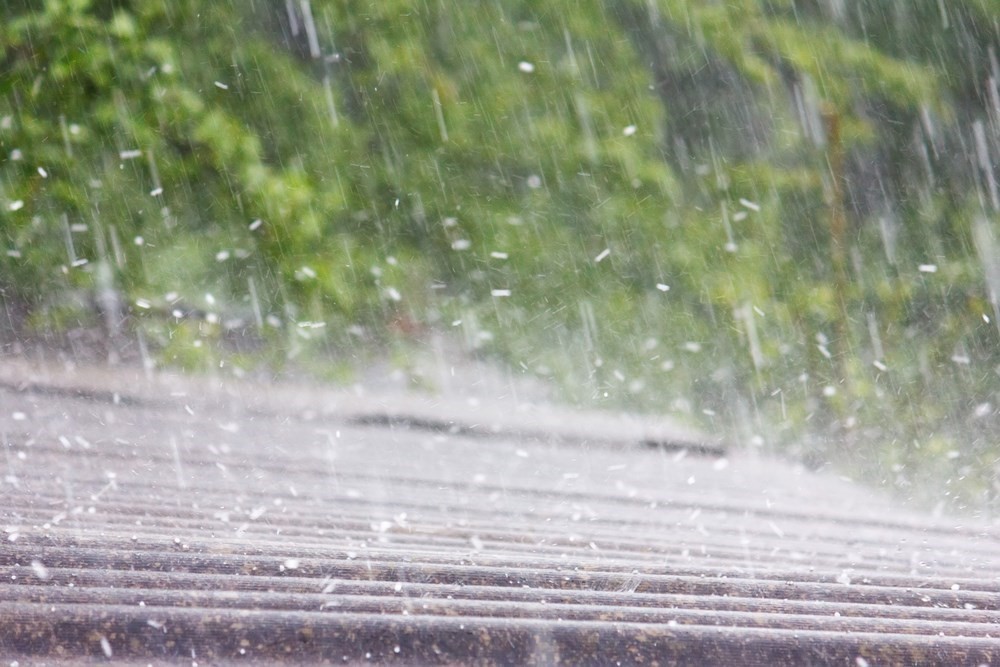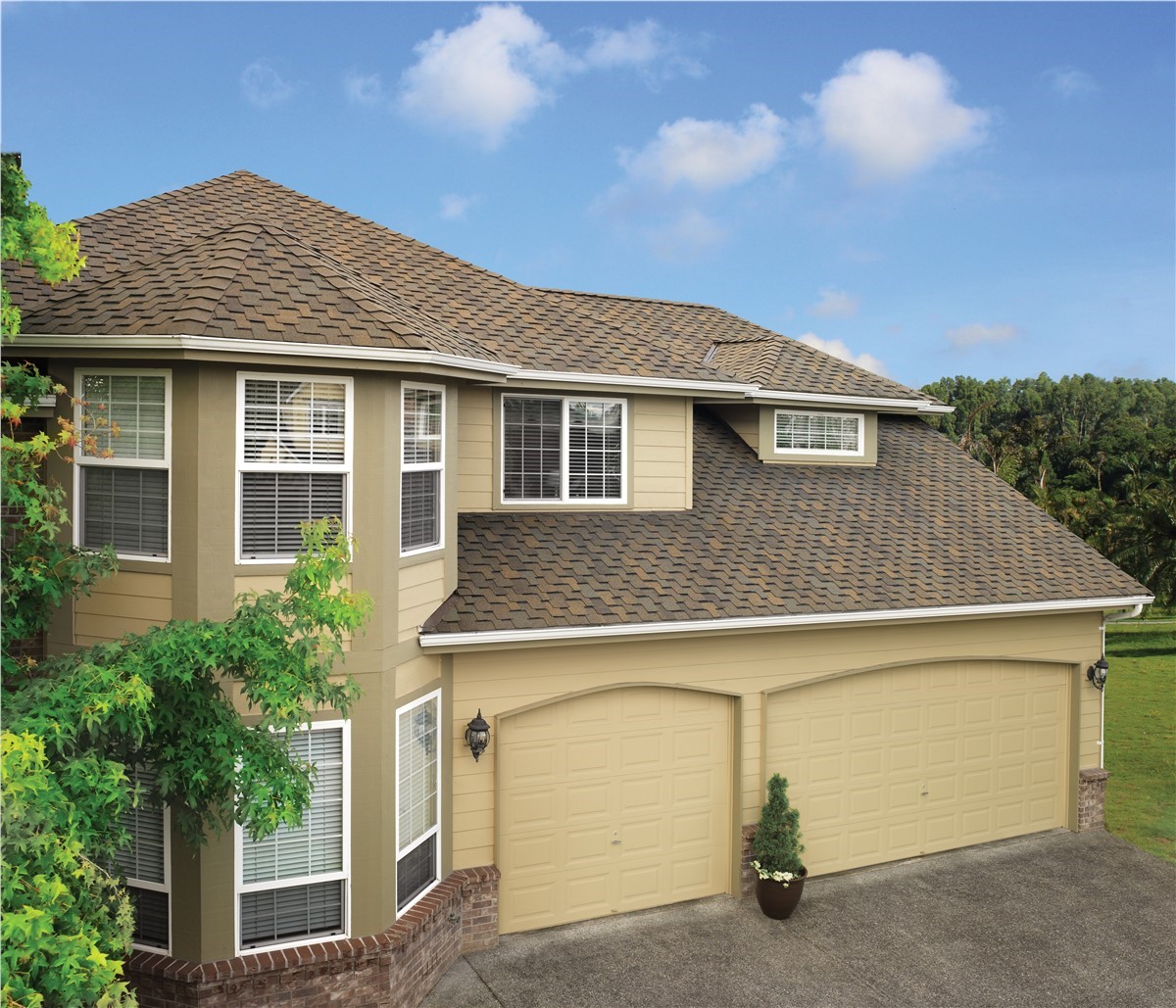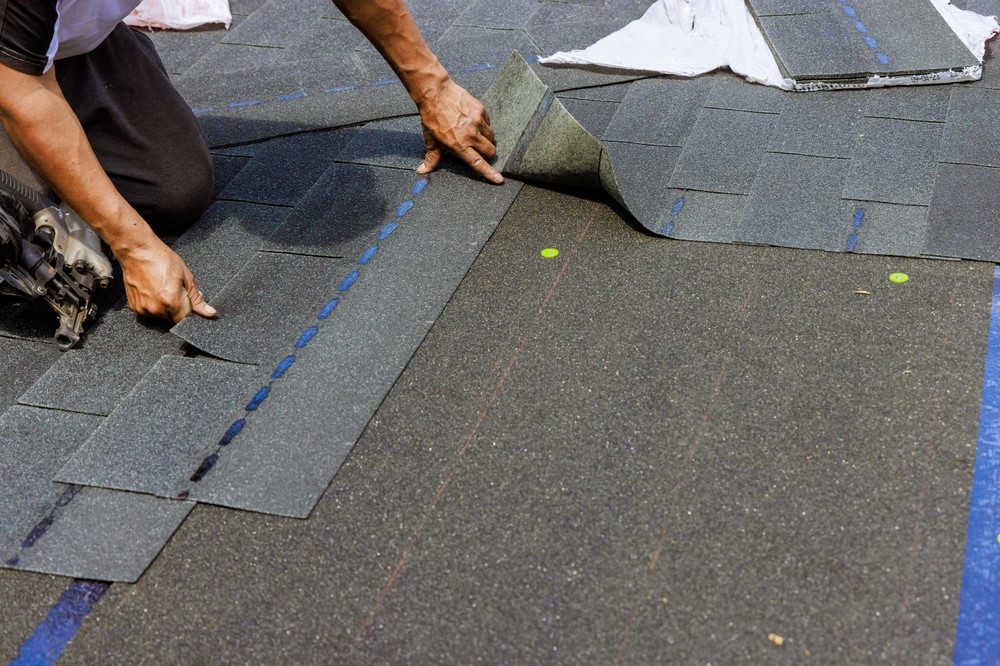Windows & the Value of Your Home
Whether you’re looking to sell your house or you just want to keep it in good shape, you may be wondering how to increase your home’s value. After all, for most Americans, their home is their biggest asset. Smart homeowners see their property not only as a place to live but also as a great way to continue building wealth via home equity.But while taking care of your home may be your top priority, it’s not always easy to figure out which investments to make.
Here’s our tip: new windows can increase your home’s value more than you might realize! From curb appeal to energy efficiency, here are the facts behind the power of replacement windows.
How New Windows Can Increase Your Home’s Value
There’s a reason windows often pop up on lists of the best ways to increase your home’s value: they’re like a facelift for your facade! As a speedy way to ramp up your curb appeal, replacement windows can make a big difference in the appearance of your home, depending on the options you choose.But even if the new windows don’t make a striking visual difference, they’re still great for your ROI. Research shows that spending $10,000 on new windows can be a great excuse to bump up your asking price by $8,500. And since many home repairs don’t offer an ROI that even comes close, it’s worth considering replacement windows for your exterior!
The Benefits of New Windows
Of course, if curb appeal isn’t the only reason why homeowners bump up their homes’ asking prices, what’s the reasoning behind the spike? There are a few key advantages to getting new windows, whether you mean to enjoy them yourself or tempt in new buyers.More Natural Light
Sometimes, older windows seem to be more frame than glass. When that’s the case, updating to a modern variety can help you let a little more light in, which can, in turn, make your home feel bigger and more inviting.If natural light is a key focus for you, consider opting for picture windows or casement windows, both of which are great choices to let in the sun.
Better Energy Efficiency
From Low-E glass to UV blocking technology, windows are constantly evolving to help us with our energy bills.According to the U.S. Department of Energy, windows are responsible for causing 25-30% of heating and cooling energy use due to the heat gain and heat loss through the glass. As a result, replacing windows can be a great way to improve the overall energy efficiency of your entire home.
Added Architectural Interest
Sure, this one ties in with your improved curb appeal, but it’s worth noting. Changing up your windows allows you an opportunity to add more architectural interest. Window design choices can make a big difference in any room.Consider moving to a more modern style, or updating your windows to a look that fits in better with the other features of your home.
Easier Cleaning
If you feel like you invest a lot of time into cleaning your windows, opting for a version that lets you clean more easily can help. With double-hung windows, for example, all you need to do is tilt it for easier access to the glass.When New Windows Make Financial Sense
Getting new windows can be a major change, which is why many homeowners don’t update them until they really need to. This is especially true when you aim to replace most or all of the windows in your home, which can be a time-consuming project.What’s more, each window will cost you somewhere from $200 to $1,000, depending on the window type and material. Energy efficiency and custom features can also affect the price.
As a result, homeowners may opt to repair newer model windows with simple issues, such as cracked glass, broken muntins or mullions, or sashes that are hard to open.
It’s true that repairing your windows can be a cost-effective measure to maintain existing windows, except in certain conditions. If you’re on the fence about investing in new windows, here are a few situations where it’s smarter to make the leap:
- Your home is colder in winter and warmer in summer than it should be
- You’re seeing higher energy bills than you’re used to
- There’s warping, bending, or visible rot around the frames of your windows
- Your windows are hard to open, which can be a sign of moisture damage
- The seal on your windows has broken, leaving condensation between the panes
- Your windows are older, single-pane models with little insulation, soundproofing, or energy efficiency
In addition, when money is a critical factor, it’s worth noting that you may be able to get a tax credit for your replacement windows. You’ll need to buy energy-efficient models and be prepared to file a claim if you qualify.
The Importance of New Windows
At the end of the day, you may not recoup the entirety of your investment. But new windows can increase your home’s value in significant ways. Beyond financial savings, you’ll be able to enhance your home’s comfort, save on your utility bills, attract buyers, and request top-dollar prices.If you’re considering new residential windows, Amos Exteriors is here to help. Our expert team can help you understand your replacement window choices, and our technicians will do the installation right the first time. Schedule a free quote today!
Subscribe to Amos Exteriors's Blog









Comments